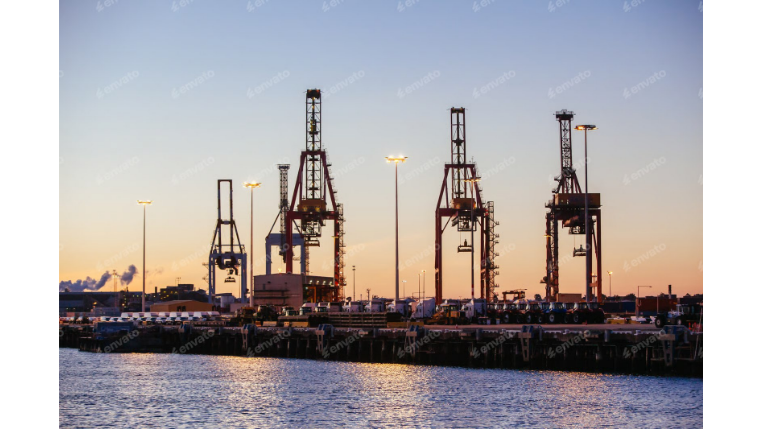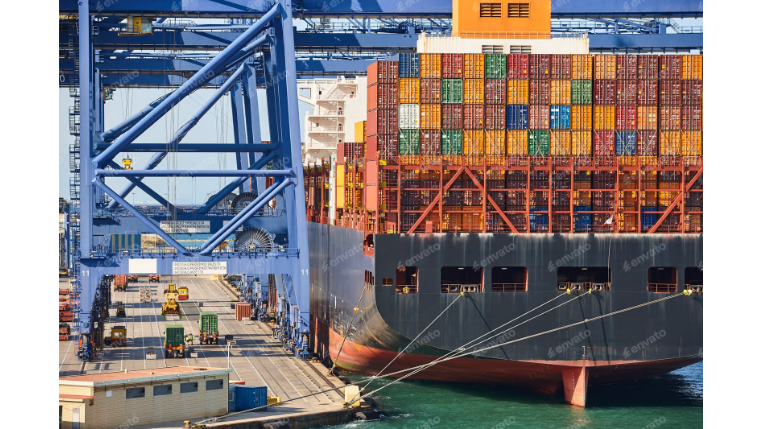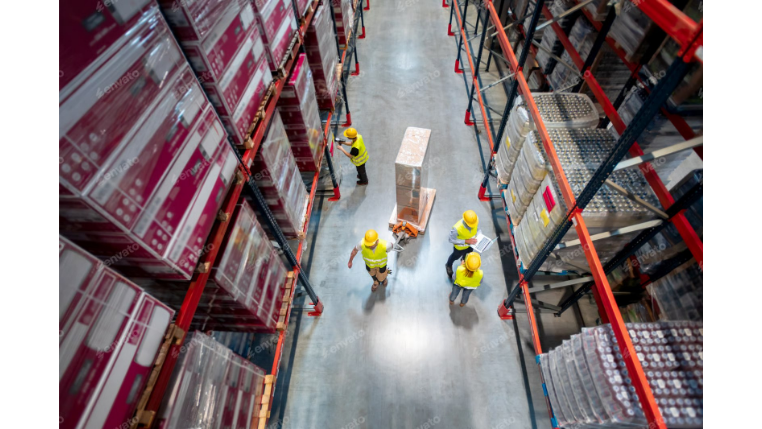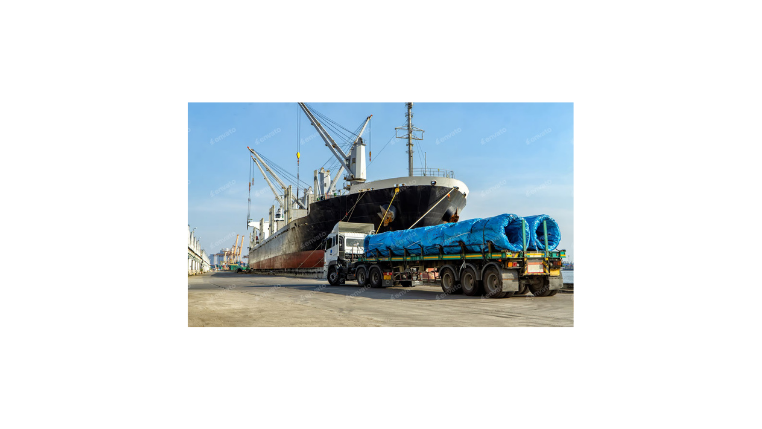If you are involved in the logistics sector, chances are you have dealt with freight invoices—and plenty of them! These documents are responsible for the proper billing and payment of goods transportation. However, manually managing freight invoices can be a daunting task that takes up valuable time and resources for your company. Luckily, the advent of freight invoice automation can make invoice management a breeze. This powerful technology addresses the rising complexity of logistics, the surge in e-commerce, and the heightened demand for real-time visibility in freight management.
In this post, we will explore the benefits of implementing this innovative solution and how it can profoundly impact your business, all while providing key statistics to demonstrate its value.
1. Faster Processing Times and Improved Productivity
Perhaps the most significant advantage of implementing freight invoice automation is the dramatic reduction in processing times. It is no secret that manually managing invoices can take up a lot of time, especially when dealing with voluminous documents and complex payment terms. The average small-to-mid-sized company takes about 25 days to process a single invoice manually from receipt to payment, according to industry reports.
- Automation's Impact: With automation, this process can be completed at lightning speed. Accounts Payable (AP) automation software can cut invoice processing time down to about 3-5 days, which is a time savings of more than 50%. Case studies show that some companies have even reduced their processing time per invoice by 80%—from minutes to just a few seconds.
- Benefits: This efficiency not only accelerates payment cycles but also frees up your employees to focus on more strategic, value-driven tasks, rather than manual data entry. Automation essentially takes over tedious, manual tasks, allowing your team to do more with less.
2. Improved Accuracy and Auditing
Manual data entry comes with its fair share of risks. Human error, duplicate entries, or misplaced data can all cause problems that can take time and resources to rectify. According to industry studies, up to 60% of invoices do not match the final quotation, and in many cases, these discrepancies go unchecked.
Automated freight invoice auditing replaces manual review with rule-based automation.
- Eliminates Human Error: Automation helps to reduce error rates by eliminating manual operations and letting the software take care of invoice processing.
- Identifies Discrepancies: An automated system can automatically match invoices against shipment data and agreed-upon contract rates, instantly flagging mismatches. This helps to reduce overcharges, minimize disputes, and increase supplier satisfaction.
- Digital Paperwork: By using technologies like Optical Character Recognition (OCR) and Electronic Data Interchange (EDI), automation captures data instantly and accurately, removing the need for time-consuming double-checks and creating a reliable audit trail.
3. Enhanced Visibility and Control
When dealing with freight invoices, visibility and control are critical factors that may affect your business. Automation makes the entire process transparent and helps you manage your freight spend more effectively.
- Real-Time Tracking: Automated systems keep track of your invoices as they move through the system, allowing you to access the status of your invoices at any time. This also provides visibility into approval workflows and payment cycles.
- Data-Driven Insights: Automation enables better data analytics, allowing organizations to gain actionable insights into their freight spending and optimize their logistics strategies accordingly. You can track carrier performance, identify cost-saving opportunities, and make more informed decisions.
- Improved Communication: This transparency encourages dialogue between suppliers and customers, which is beneficial for both parties. Customers can monitor their invoices at any time, while suppliers can benefit from efficient communication and prompt payment.
4. Significant Cost Savings
Automation's benefits are directly linked to your bottom line. By optimizing the invoice processing workflow, automated systems can lead to significant cost reductions compared to manual processing.
- Reduced Labor Costs: Industry studies estimate that manual invoice processing costs anywhere from $5 to $12 per invoice. Automation can drastically reduce this cost by cutting the time and labor required for each invoice.
- Eliminating Financial Losses: Invoicing systems can help identify discrepancies, overcharges, and undercharges, which may cost your business in the long run. The system can also auto-reject duplicate invoices, eliminating the risk of paying the same charge twice.
- Strategic Savings: Automated freight auditing can help you find hidden savings opportunities, such as incorrect accessorial fees or misaligned fuel surcharges. This allows you to take control of your freight costs and improve overall profitability.
Conclusion
In conclusion, freight invoice automation is a necessity, not a luxury. The global freight payment automation market is projected to reach approximately $7.7 billion by 2033, a clear indicator of the industry's shift towards digitalization. By implementing an automated solution, you can achieve faster processing times, reduce errors, enhance visibility and control, and realize significant cost savings. Embracing the advantages of freight invoice automation today is a crucial step towards modernizing your logistics and supply chain management, ensuring your business remains competitive and agile in the years to come.










